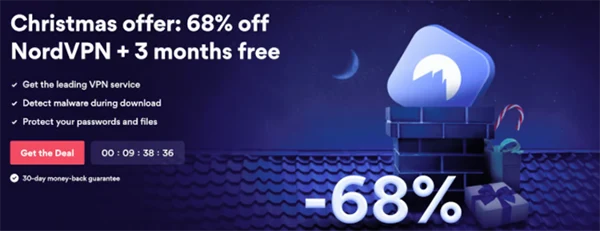
Are you doing everything you can to ensure you’re remaining safe online? With computer viruses running rampant, malware making its mark, and ransomware rising considerably, it only makes sense to wonder about your cybersecurity measures.
Everything from having a firewall to using complex passwords all help keep you safe when using the internet. But there’s one thing that can act as an additional defense mechanism to reclaiming your privacy: a virtual private network.
VPNs have gained popularity over the last few years and continue to grow as technology changes. Whether you’re using one for the first time or are a seasoned veteran of these special safeguarding measures, it helps to understand how to use them to protect your privacy.
Let’s take a look at learning how to protect your privacy online with a virtual private network.
Have you ever been browsing the internet, watching a few videos, or doing some online shopping and suddenly noticed bizarrely specific, targeted ads suddenly appearing everywhere you go online? It happens to many of us every single day.
The internet can sometimes be a tangled web of ads and targeted nonsense desperately trying to sell something to consumers. For the tech giants, it’s a way to answer how the Internet is going to pay for itself. Either way, the current online climate underscores the need for better privacy online.
Recent legislation, including the GDPR act, has helped us regain a foothold on our privacy. But it’s not enough. As you spend time online, you need to take the opportunity to protect yourself. Whether it’s through antivirus programs, strong passwords, due diligence, or using a VPN, it’s vital to reinforce your own cybersecurity concerns to protect your privacy.
Virtual private networks (VPNs) are the pinnacle of modern privacy technology. VPNs create a secure and encrypted connection between your computer and its servers. In doing so, they make for a faster and more secure browsing experience.
Accessing the internet from anywhere in the world is only part of what they can do. There are a few different types, too. Remote access VPNs let you connect to your corporate network from home. Imagine you work from home or are in a different location and need to access your office’s servers.
You would use a remote access VPN to do that. Site-to-site VPNs make a securely encrypted tunnel that bridges two distinct locations. Intranet VPNs do the same thing for intranets. For nonprofessional or work-from-home use, a Pro VPN or powerful VPN proxy service can be just the thing you need to keep your browsing safe and private at all times.
Setting up and using a VPN should be reasonably straightforward. Depending on your operating system and device, you should have an option to set up and configure a VPN in your online settings. Using your VPN effectively means setting up its parameters to meet your goals, choosing the servers you wish to route your traffic to, and ensuring that these settings get switched around every time you log in.
Taking a few extra steps to ensure that it’s ready to go and functioning correctly will only serve to reinforce its protection. VPNs can usually be used across multiple devices, which means that you can prevent compromise across multiple accounts used on the same devices.
Based on the name, it should be evident that a VPN is ideal for making your browsing experience more private. But it can do much more than that. VPNs actively encrypt (scramble) data as it routes your traffic through servers around the globe.
This encryption method keeps it safe from third-party hackers and private from your internet service provider. It’s also responsible for allowing users to access content websites might otherwise block in their own country (known as geo-blocking). They’re also ideal for using public networks. Public networks are often insecure and can actively expose your data to attackers, making it another data privacy issue.
When you get on a public Wi-Fi network, you may be sharing your personal data with the Wi-Fi company. It also exposes you on the network, making you a target for any hackers that see you as vulnerable. Worse, images automatically allow somebody to read your traffic by installing a digital certificate. Using a VPN gets around all of this by generating a secure, private, and encrypted connection that is immune from these particular tactics.

Understanding what a virtual private network can offer is only the first step of an exciting journey. Finally, selecting one can be daunting due to a large number of available options. So, what should you look for in a VPN service? For the best protection, seek services that offer comprehensive protection.
Does the VPN let you use it across multiple devices? Does it offer many servers from different geographical locations? Is it just a VPN proxy, or does it provide other cybersecurity services as part of a more extensive suite?
These are all critical questions to ask when choosing a provider. Once you’ve locked in the provider of your choice, simply set up your VPN and get ready to enjoy a new level of privacy while online.
